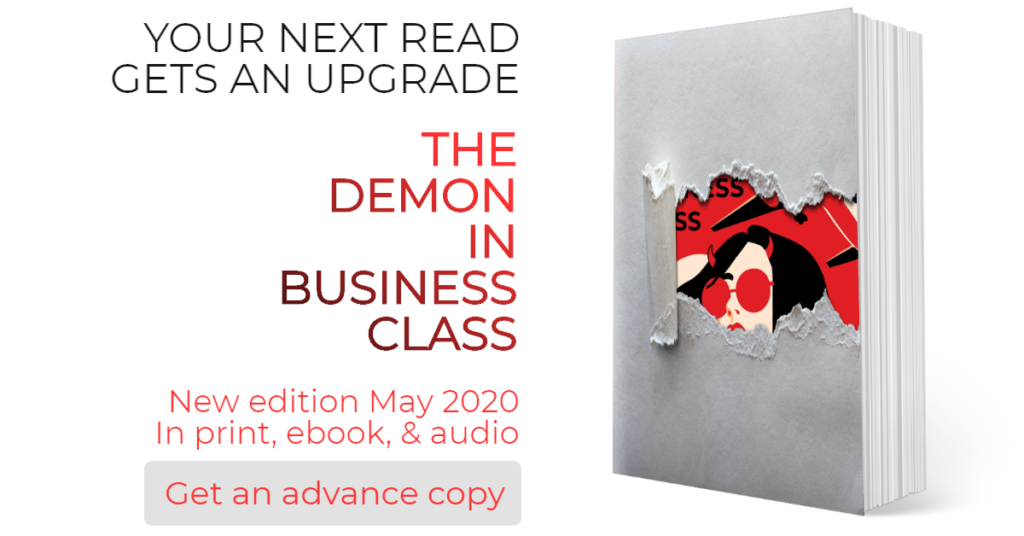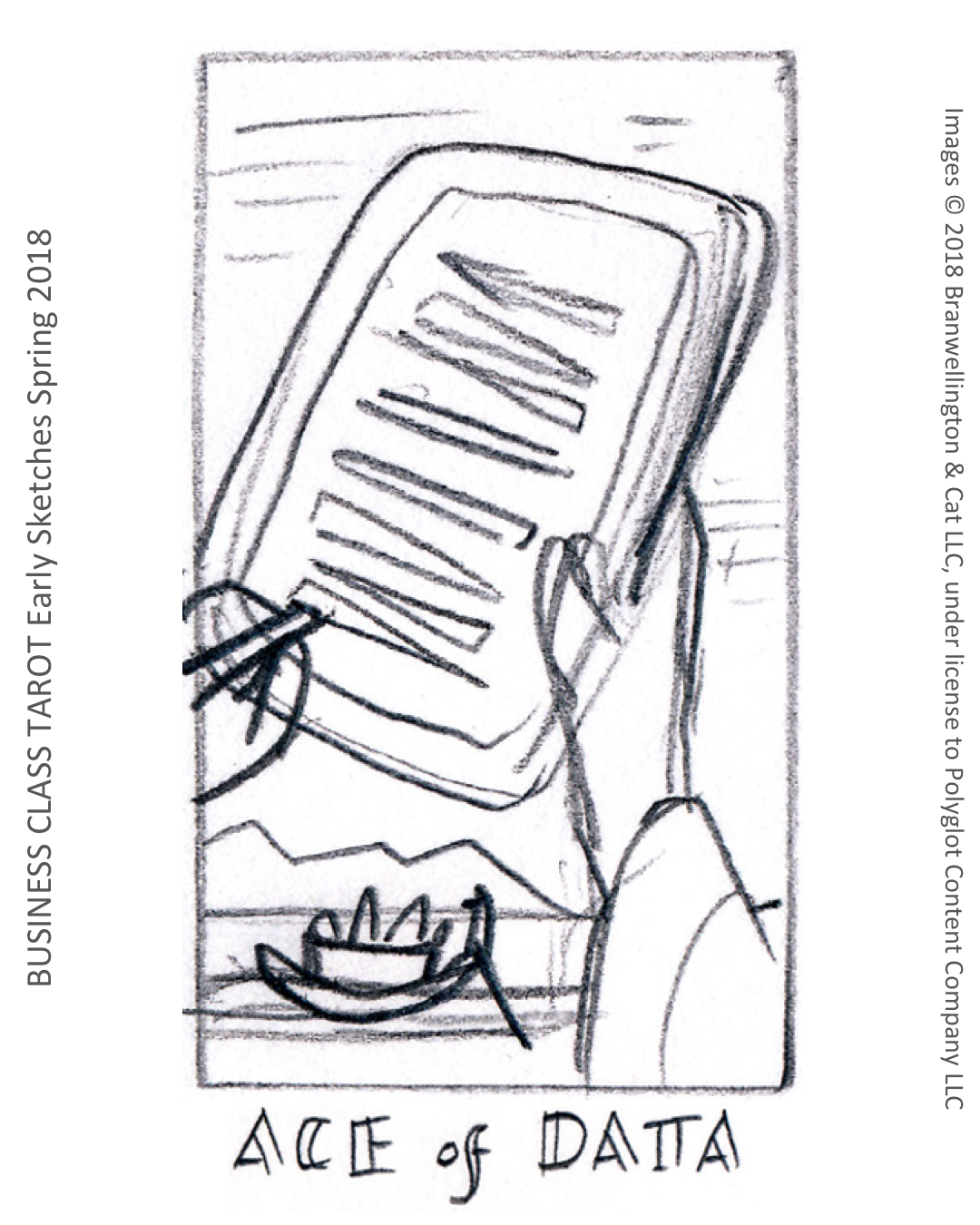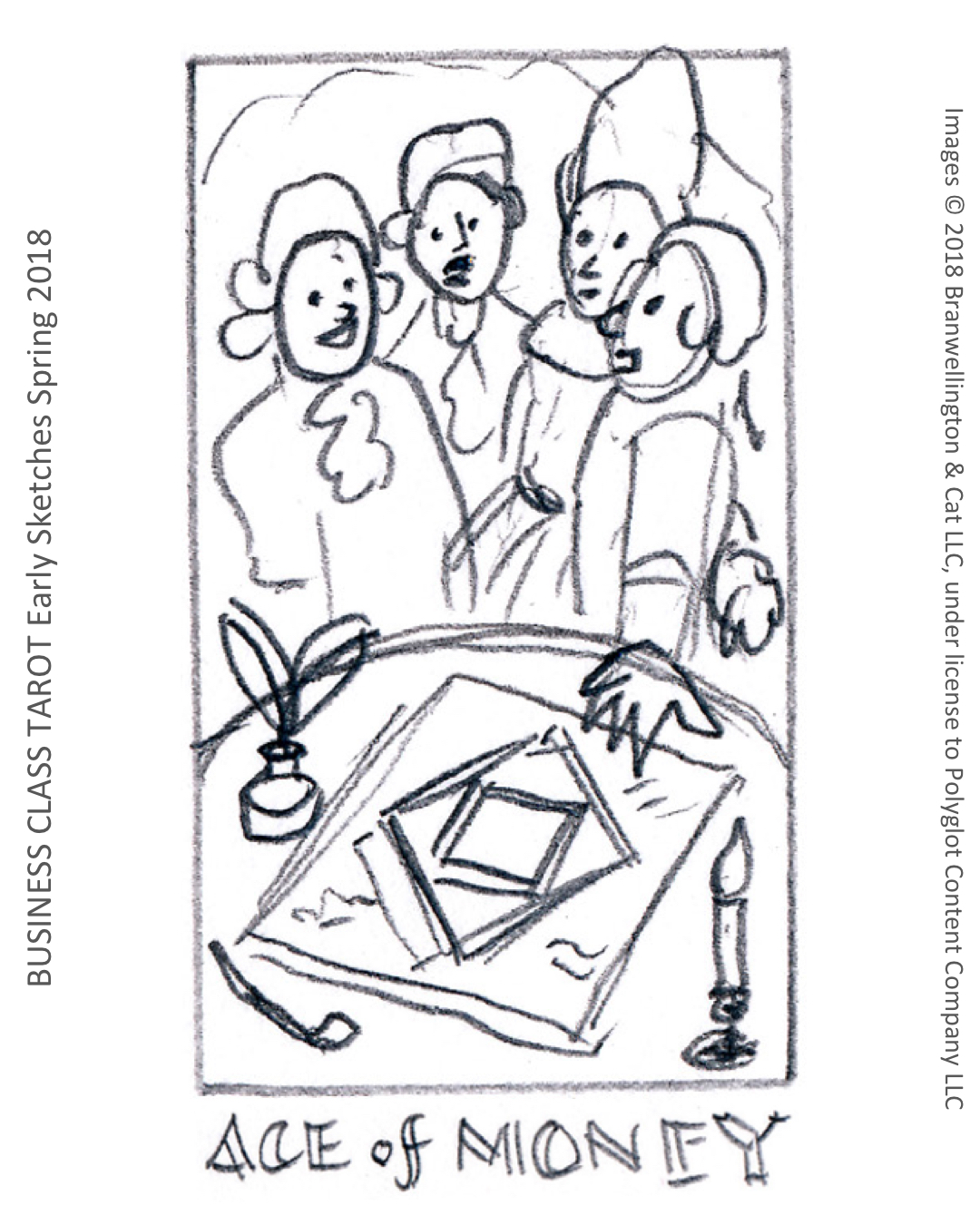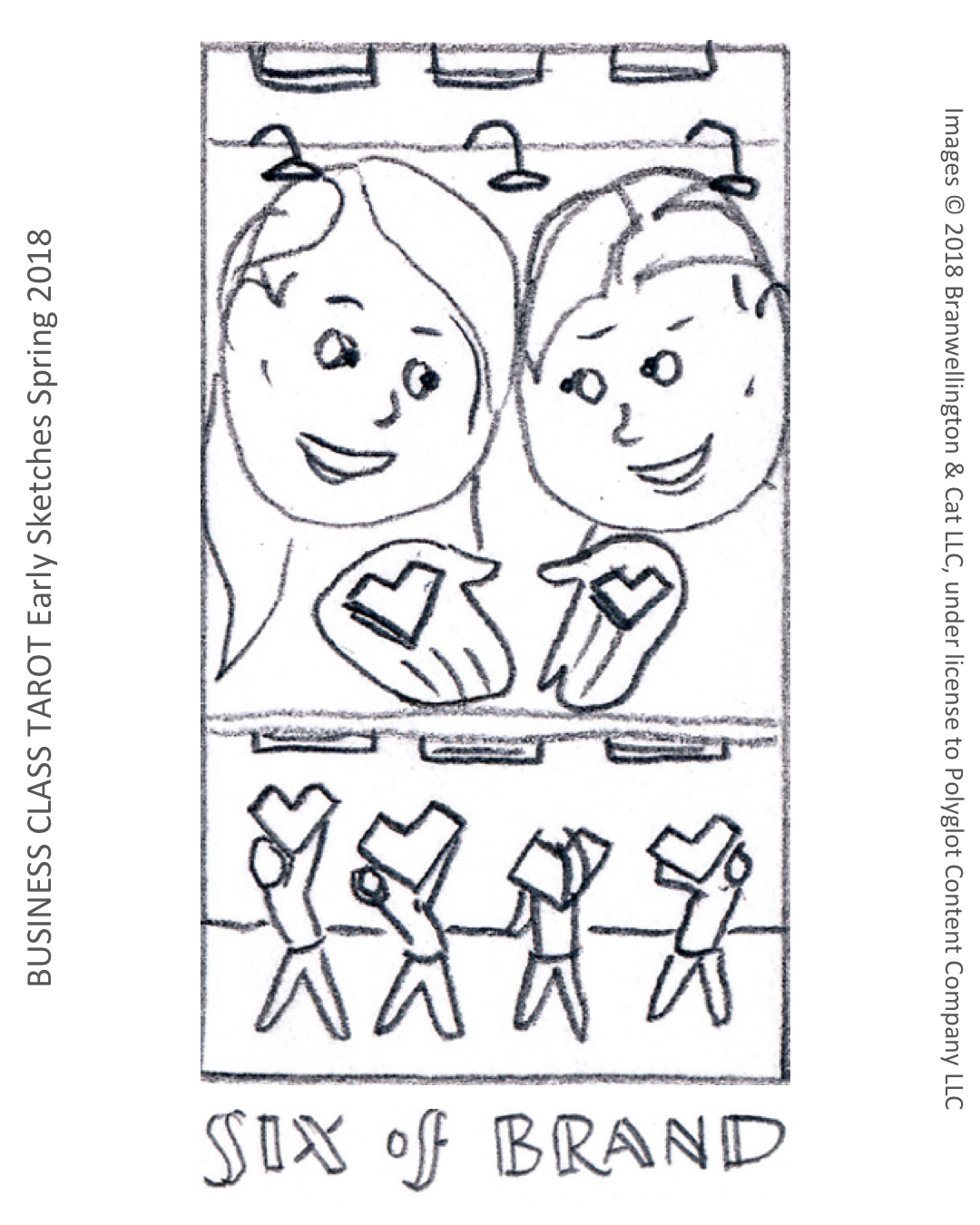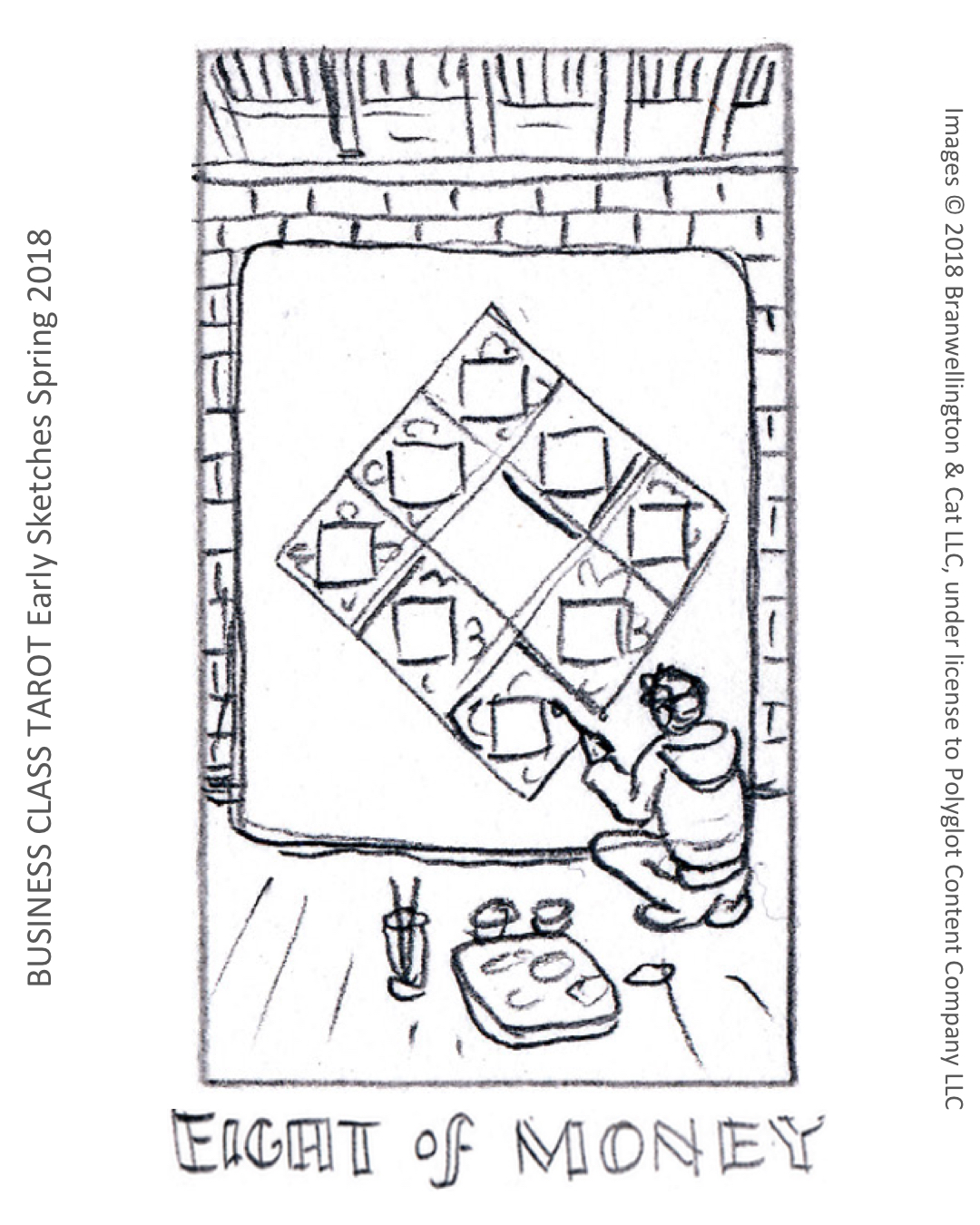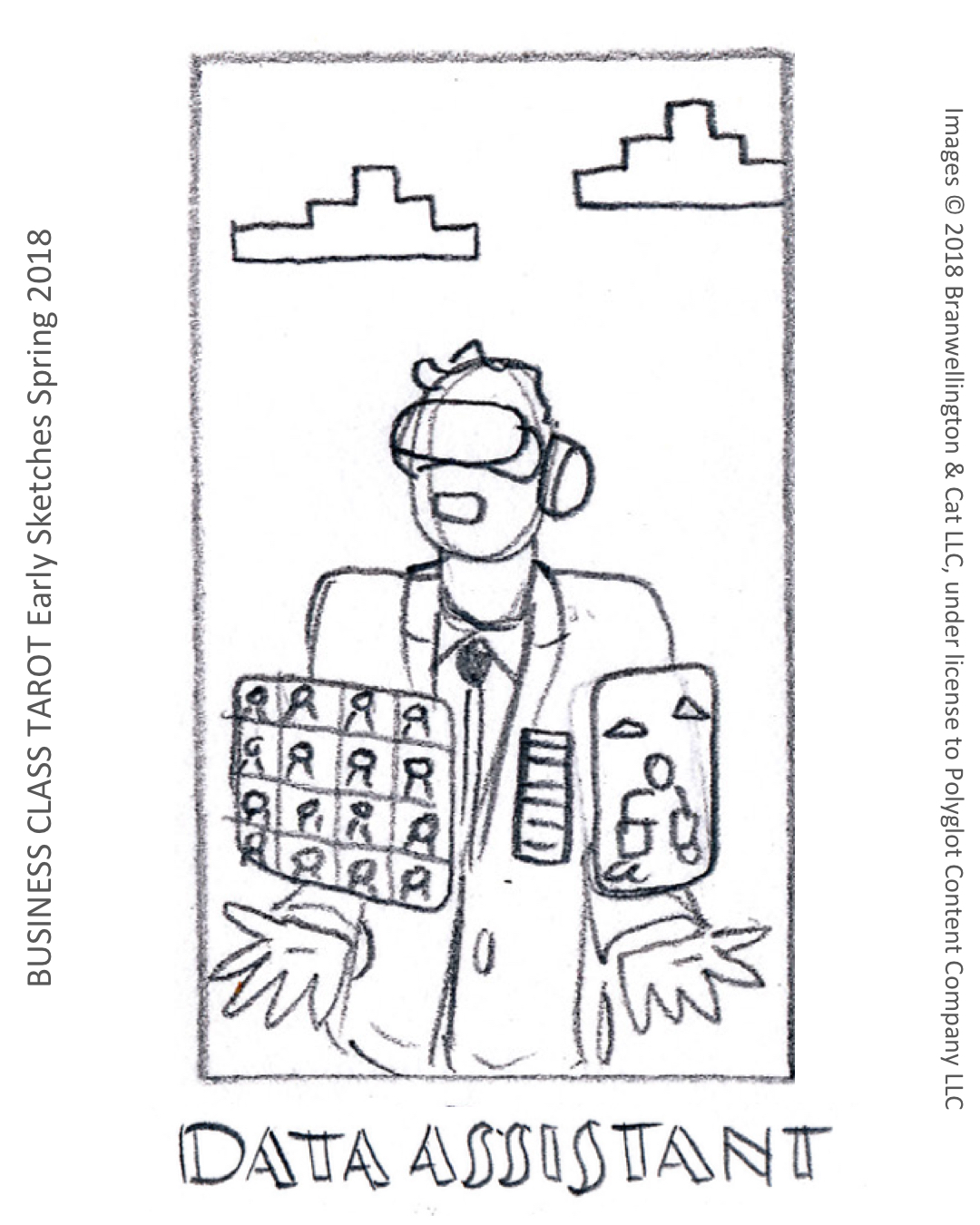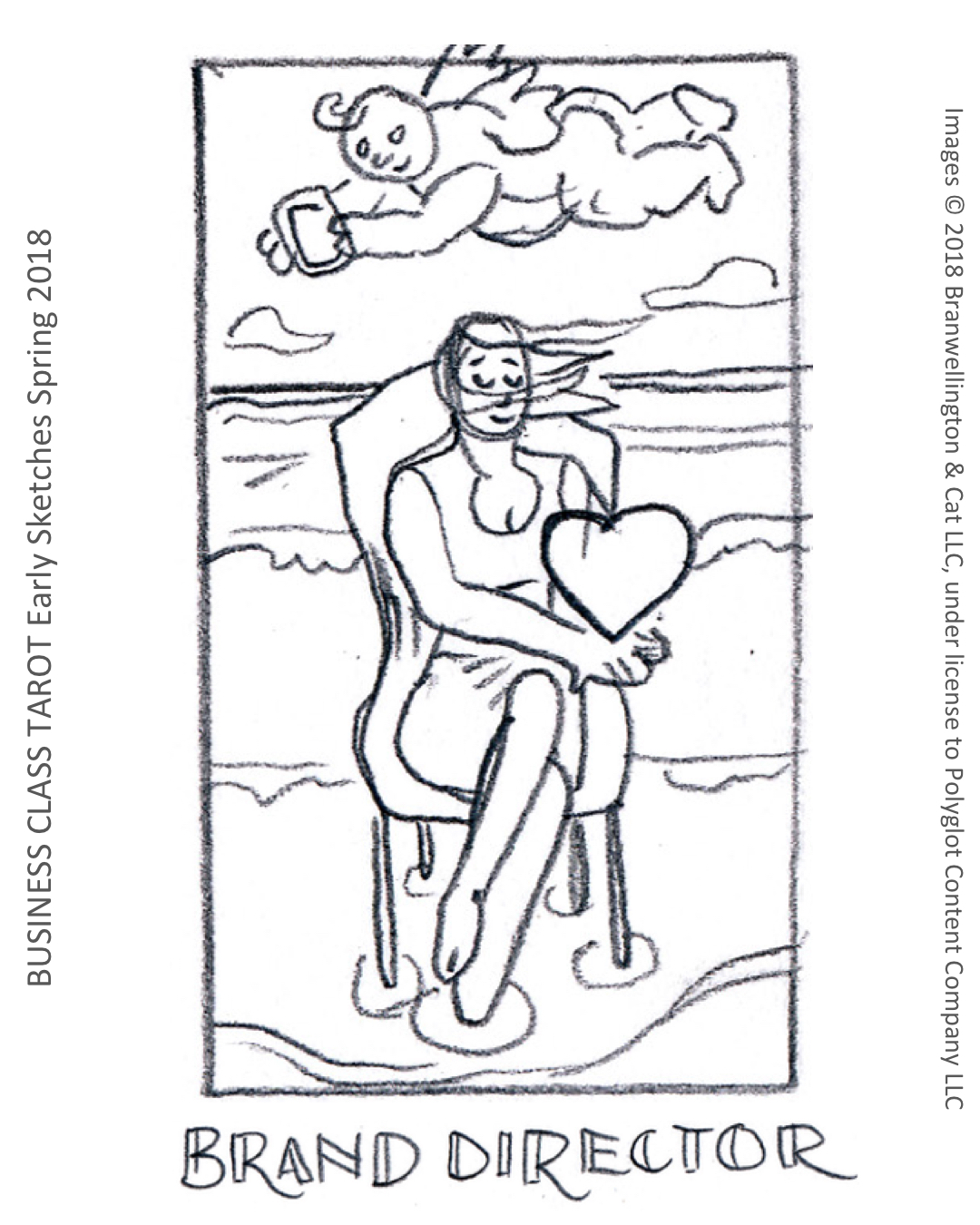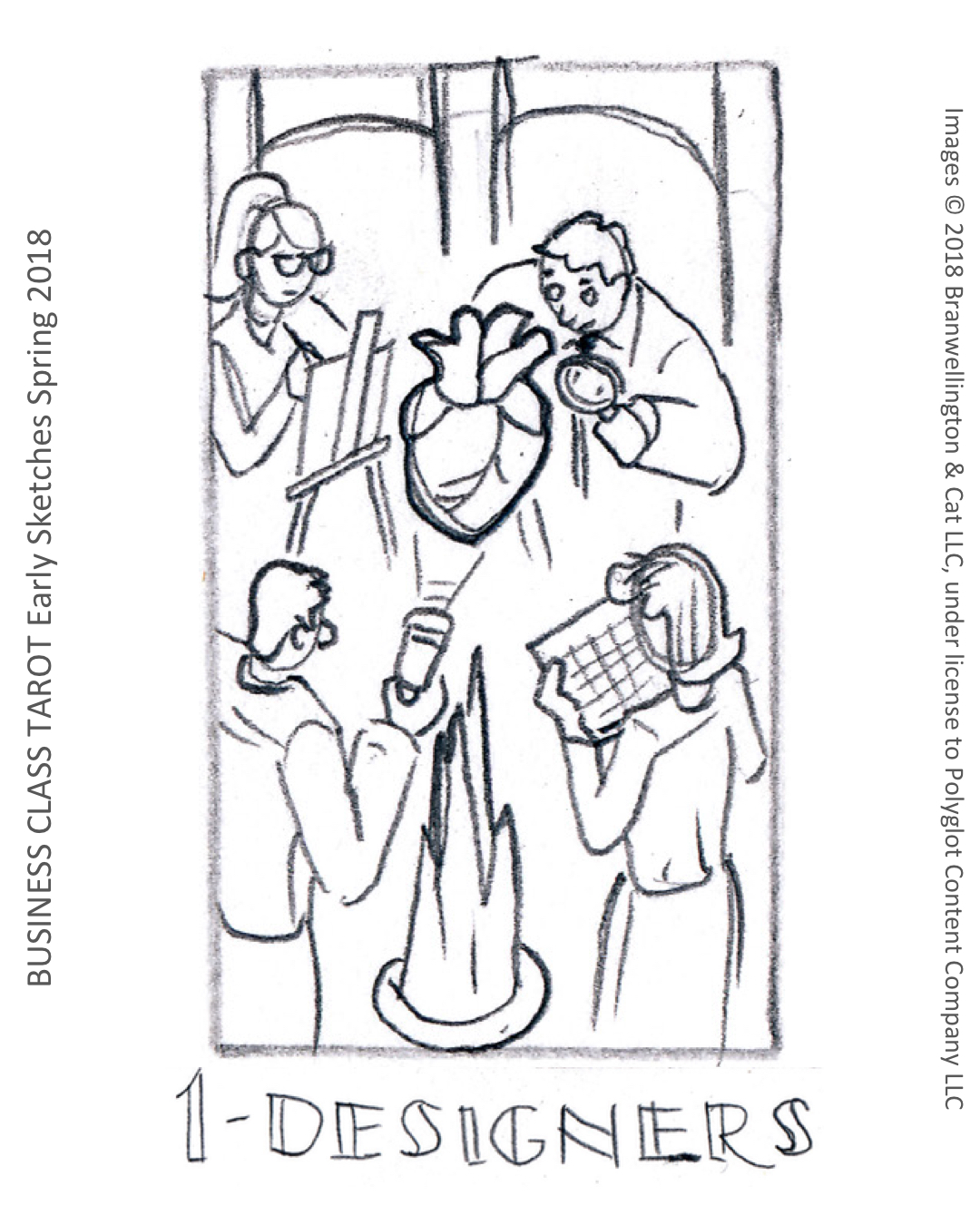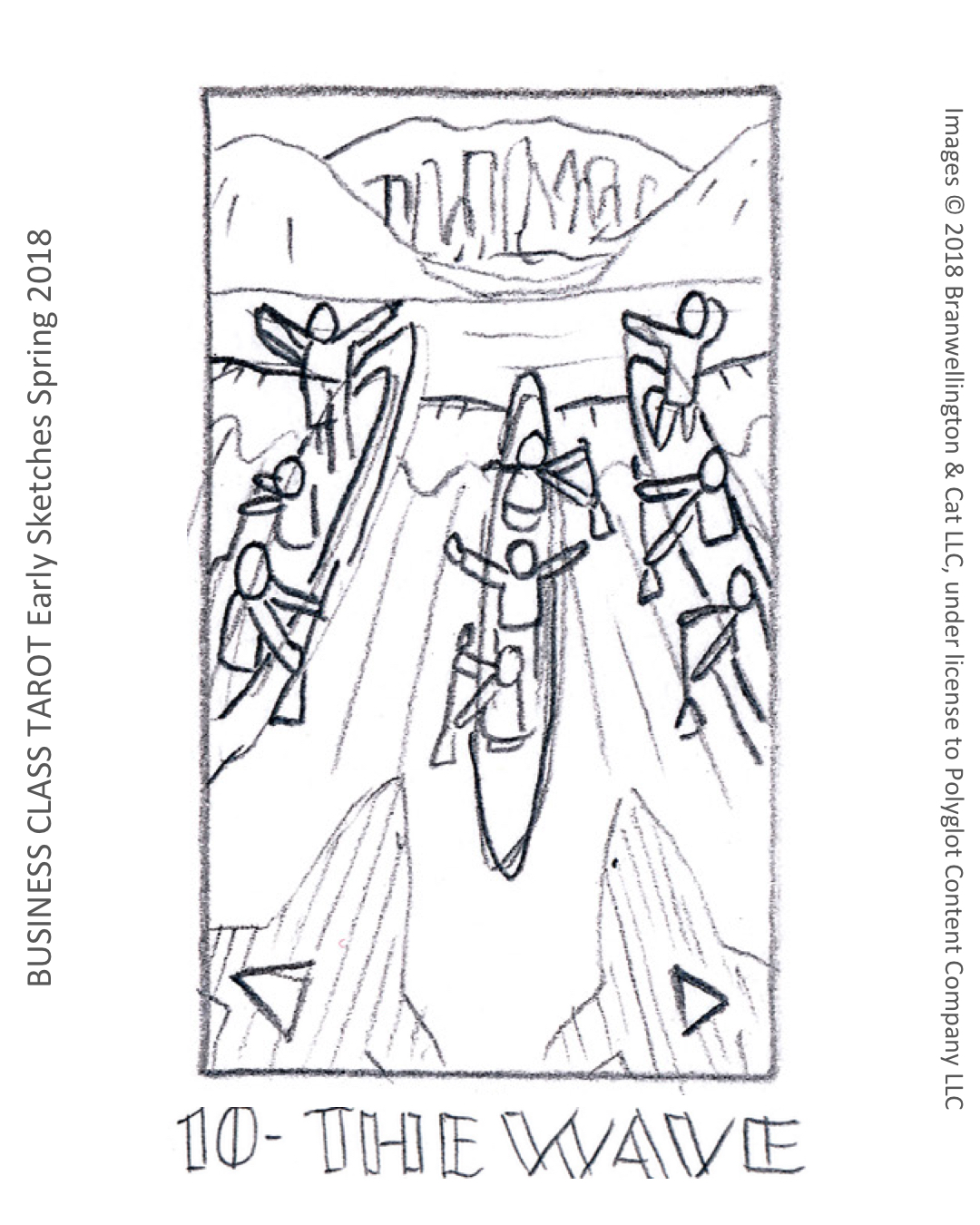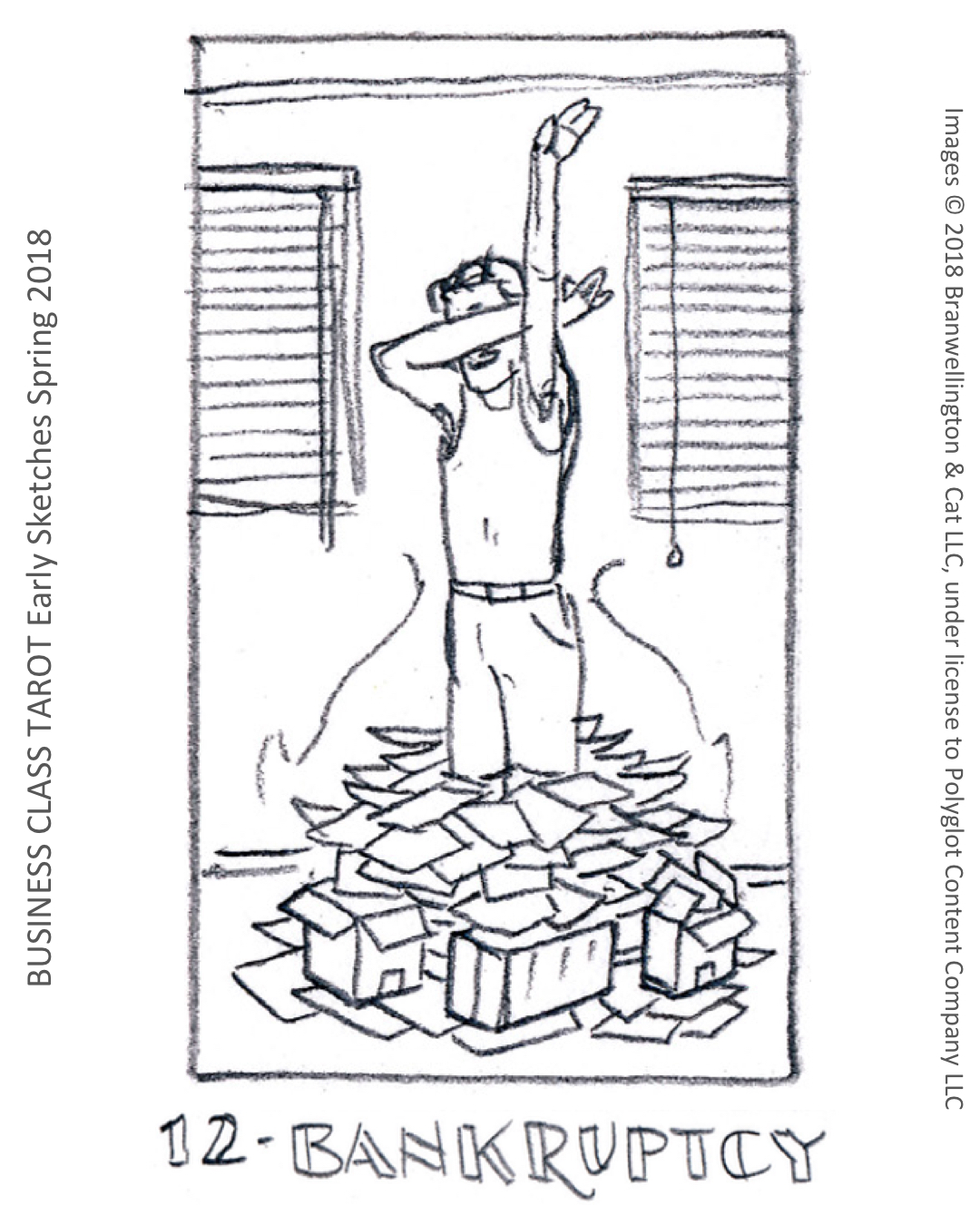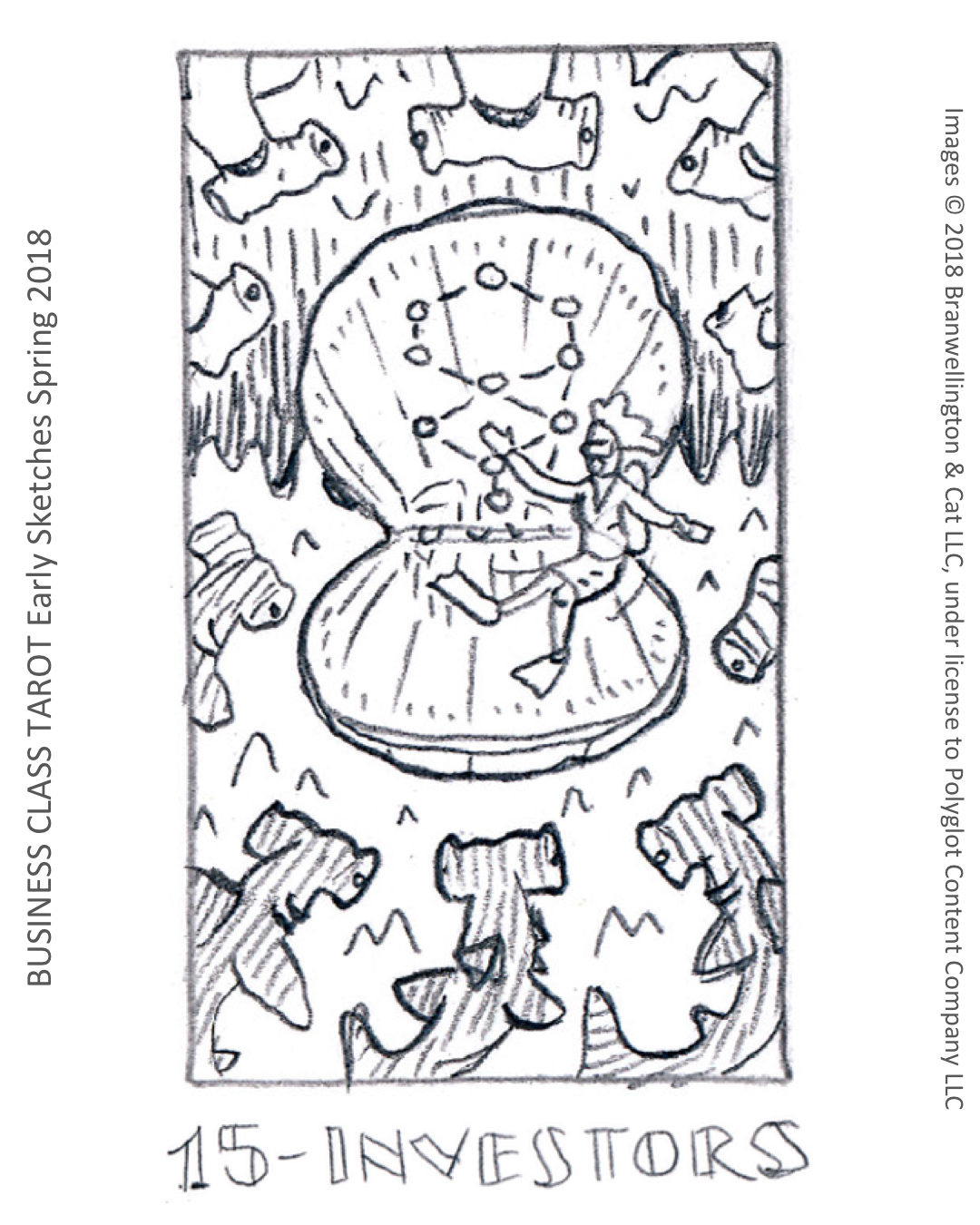I’m still not totally comfortable with being really good at sales.
Because, I am. I’m a sales machine. At large comic-cons, my single-title sales are on par with best-selling writers — which is good, because I still only have a single title. (Working on it.)
Other writers tell me I am good at sales, a complex compliment inside our introverted guild. It helps that, if a reader doesn’t want what I am selling, I will send them to another’s work with equal enthusiasm. I’m good in the booth.
I have made money in sales, covering all my bills during my year as a ski-bum in Lake Tahoe with a part-time telemarketing job. One of my most treasured compliments was from my manager there, who told me, “You give good phone.”
I am a fierce fan of my stuff. It’s not for everyone, but it’s for more than might initially see themselves buying it. I see my book becoming ever more relevant to the world outside it. I want the world to know so my subset of it will find me.
I don’t presuppose any strengths or weaknesses. I say what I have, strongly.
In a teen-focused genre, I write mature work. At cons and festivals, I say “10 o’clock shows, not 8 o’clock shows.” It’s a happy expression because it’s a fact they differ, it’s not an apology, and it hints at earned privilege, an adult’s welcome relief from explanation or euphemism.
Demon is a standalone novel. No sequels, except for a Tarot. “A big book, but one and done.” Maybe a fifth of people don’t find that appealing — Vayan con Dios. Most are at least fine if not happy to hear it. We talk about the joys of a certain ending, a lack of commitment, an amuse-bouche while awaiting GRRM.
While I can spot aligned styles — if you cosplay Death from Neil Gaiman’s Sandman, I will sell you a book — even at cons I can’t know my readers on sight, especially since I am winning a few over right there. I assume all bipeds are in play until they make it clear they’re not.
That said, I know the wrong audience. 1-star reviews never go away, and a good way of avoiding them is keeping your work out of inappropriate hands — or, disappointed hands. I use horror as a flavor, but if you want it as a main course, that’s not my Demon. For action, I have some fisticuffs, but only one drawn gun in the whole book. I have bone-dry acidic wit, but no chuckles.
I say these things and people buy my books, people of all kinds, in very good numbers for the venue. I don’t know why it worries me, as opposed to the superpower that it really is. Maybe it’s impostor’s syndrome, that I am somehow more appealing than my work.
Maybe it’s not impostor’s syndrome but honesty, of a kind. My sales self also expresses qualities of my work: unassuming but distinctive, unflinching not crude, erudite not highfaluting, seeking clarity but understanding about the muddle.
It makes me nervous because it is not sales. It is an art, an ethic — like this blog post, a form of my writing. I can’t pretend it doesn’t matter, because it only works when it does matter.
Then I’m a sales machine.
